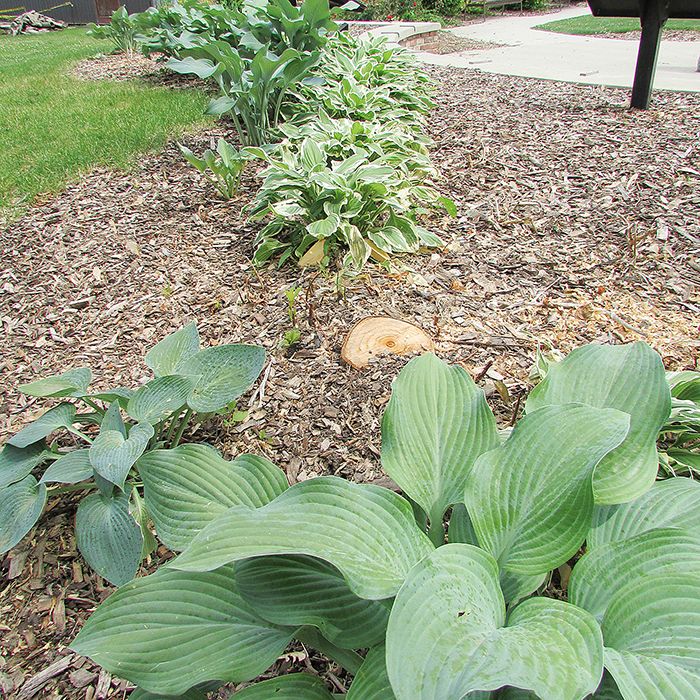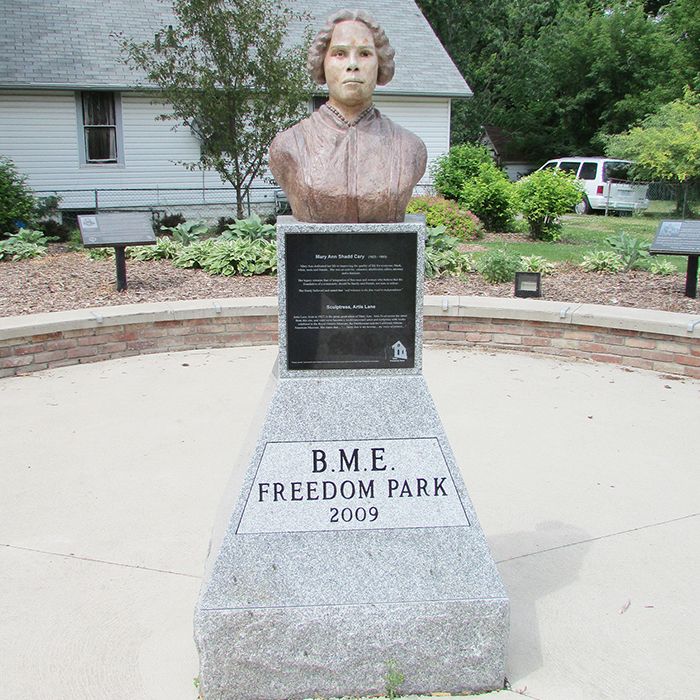
Three flowering trees had to be removed from BME Freedom Park in Chatham recently, due to a fungal invasion.
Black Knot, which can affect cherry and plum trees, attacked the trees with a vengeance, according to Marjorie Crew, a nearby resident and Chatham councillor. The three trees at the park were from the plum family.
“We just cut out some knots last year and we thought they’d be healthy,” she said. “But it was on every tree. It looked like big, black worms on every branch.”
Chatham Mazda from Chatham Voice on Vimeo.
Tom Beaton, manager of parks, cemeteries and horticulture for the municipality, said the trees were heavily covered in the fungus.
“I have never seen it in something so thick before,” he said. I just went over and said, ‘Oh, my God, this is unbelievable.’”
Black Knot is an airborne fungus, so it can spread quickly. And most cherry and plum trees are susceptible to it, with the exception of pin cherries and black cherries. But Beaton said he hasn’t seen it elsewhere in Chatham.
“Black Knot can be airborne in the spring when you get really humid, wet conditions. It can be moved around in dripping rain and heavy fog. That’s how it propagates itself,” he said.
Beaton thinks the infection in the park likely arrived up the McGregor Creek corridor, as there are “all kinds” of choke cherry trees along the creek.
Crew said the trees in the park were planted in 2009 and were just coming into their own.
“It’s disheartening because they were mature trees,” she said.
Beaton said there really was no recourse.
“Those trees were beautiful and very healthy. They grew well in that location until they were infected,” he said. “They were beyond saving.”
With the help of a partnership with Union Gas, the trees were removed and the stumps ground down. Crew anticipates replanting to take place later this month.
She said the assistance by Union Gas was really appreciated.
“The park is maintained only by citizens. Union Gas stepped up to pay for the removal of the trees and the stumping. They really step up to help smaller community groups,” Crew said. “We’re paying for the (new) trees.”
She estimates the replacement cost at close to $1,000.
The plan is to replace the trees with another type of flowering trees, Crew said, adding, “maybe something that’s native to the area and not susceptible to this disease.”
For other folks who encounter Black Knot, Beaton said you must cut out the fungus and either burn the limbs or take them to a landfill.
“Really the only thing you can do is cut them out, destroy them and make sure your pruning tools are disinfected, otherwise you can spread it by using them,” he said.







